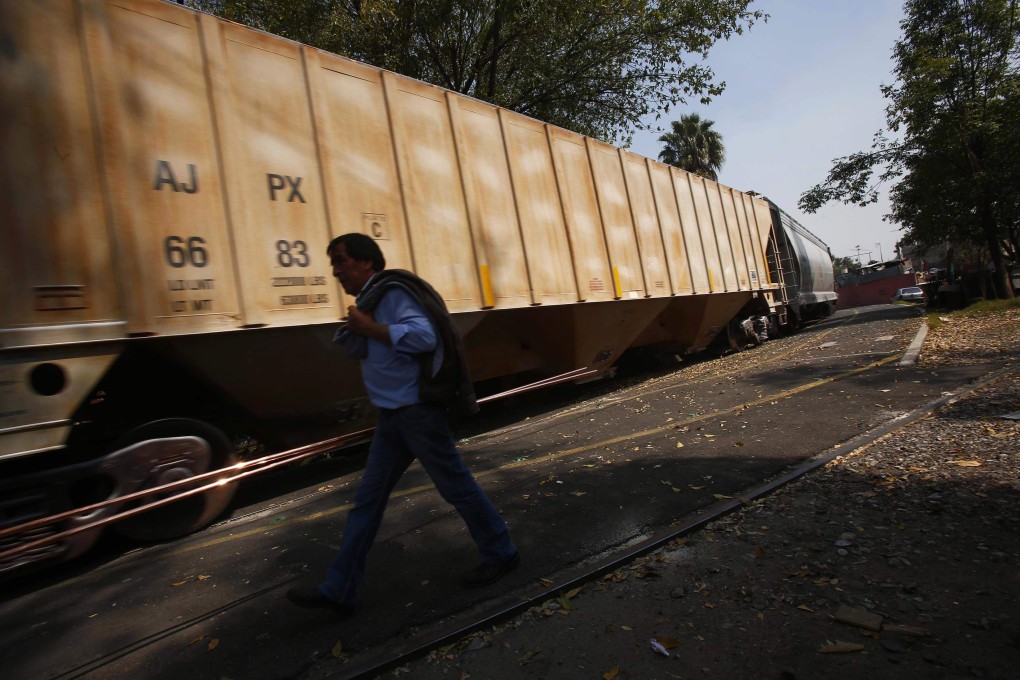Opinion | Chinese companies must learn to price the risks accurately when 'going out'
Hu Shuli says the cancellation of CRCC's railway contract in Mexico underscores a flaw common to firms that rely too much on state favour

Just as news of the abrupt cancellation of China Railway Construction Corporation's (CRCC) contract in Mexico was beginning to die down, China's Silk Road project, highlighted at the recent Apec meeting, again turned the global spotlight on the nation's involvement in overseas development projects, which some have dubbed China's Marshall Plan.
It's worth reviewing CRCC's setback in Mexico. Early last month, the Mexican government said it was scrapping the CRCC-led bid for a railway project, just days after awarding it the contract, sparking outrage in China. But what led to Mexico's about-turn isn't difficult to understand. In August, its government opened bidding on a project to build the country's first high-speed rail, but gave companies only two months to submit a tender, in an effort to complete the project by the end of President Pena Nieto's term in 2017.
The industry giants that initially expressed an interest, including France's Alstom, Canada's Bombadier and Germany's Siemens, dropped out when they could not meet the deadline. A consortium of CRCC and four Mexican construction companies became the sole bidder.
On November 3, the government awarded the consortium the contract. But soon after, Mexican opposition politicians raised concerns about the transparency of the tender process, and reports emerged that one Mexican partner in the deal had links to the president's family. To avoid further controversy, President Nieto announced on November 7 that he was pulling the deal.
We should note, however, that both sides had yet to sign a formal contract. It's common enough for business deals to fall through at this stage. But the cancellation touched a nerve in China because the contract was seen by many as the first major success of a Chinese railway giant that had "gone out".
Effective risk management is needed to facilitate Chinese investment abroad. This means companies must conduct thorough checks before committing to any deals. One major factor would be hidden political risks: can decision-makers be trusted? To what degree can opposition politicians or interest groups obstruct progress? Are the local partners reliable?
There are those who say such thorough investigations are currently beyond the expertise of Chinese companies, which, after all, lack experience in the global market. But this is the price of success.
